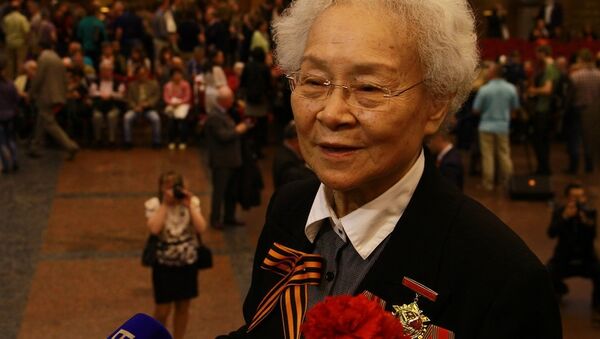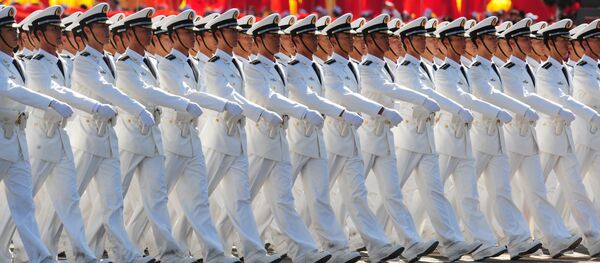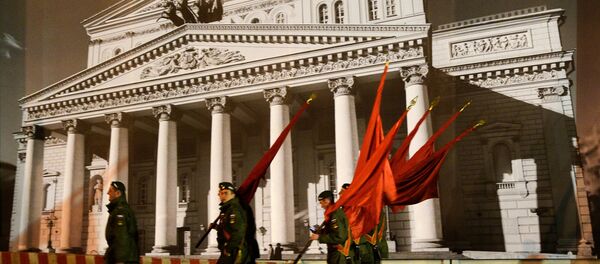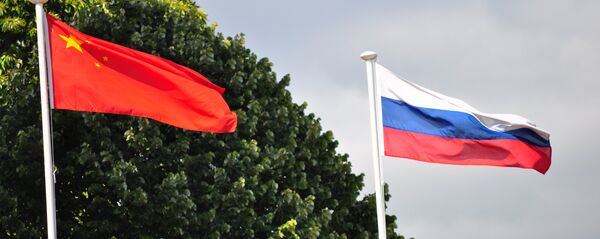Liu was sent to Ivanovo, about 300 kilometers northeast of Moscow, in 1939, in the midst of Japan's war of aggression against China, which began in 1937. Her mother, a revolutionary, had died earlier in a Kuomintang prison, and her father, an officer fighting in the Chinese Red Army against the Japanese, had no time to take care of her and her two brothers.
"One day he told us that on the northern border of China there is a very big country, and you will go there. And so my brother and I went to the Soviet Union. I was 12 years old. With us were three other kids," Liu recalled.
The Beginning of the Great Patriotic War and the Defense of Moscow
"On June 22, 1941, we were told that the Hitlerites had attacked the Soviet Union. At that time I did not know who the 'Hitlerites' were, or why they had gone to war with the Soviet Union," Liu remembered.
First Lessons in Internationalism
Liu recalled that in the children's home, pupils were strictly forbidden from making aspersions on the basis of ethnicity:
"Together with us in the children's home there were children from Germany. The hatred for the fascists was not turned against them; they were on our side. Only once, a student said about the fascists: 'Damn these German bastards!' The teacher immediately reprimanded him and strictly forbade him from conflating Germans with Nazis. 'It does not happen that a whole nation is criminals,' he noted. And the German students were told by our teachers that 'you are here because your parents are also against the Hitler regime.' This was my first life lesson in internationalism."
Russia My Second Home




